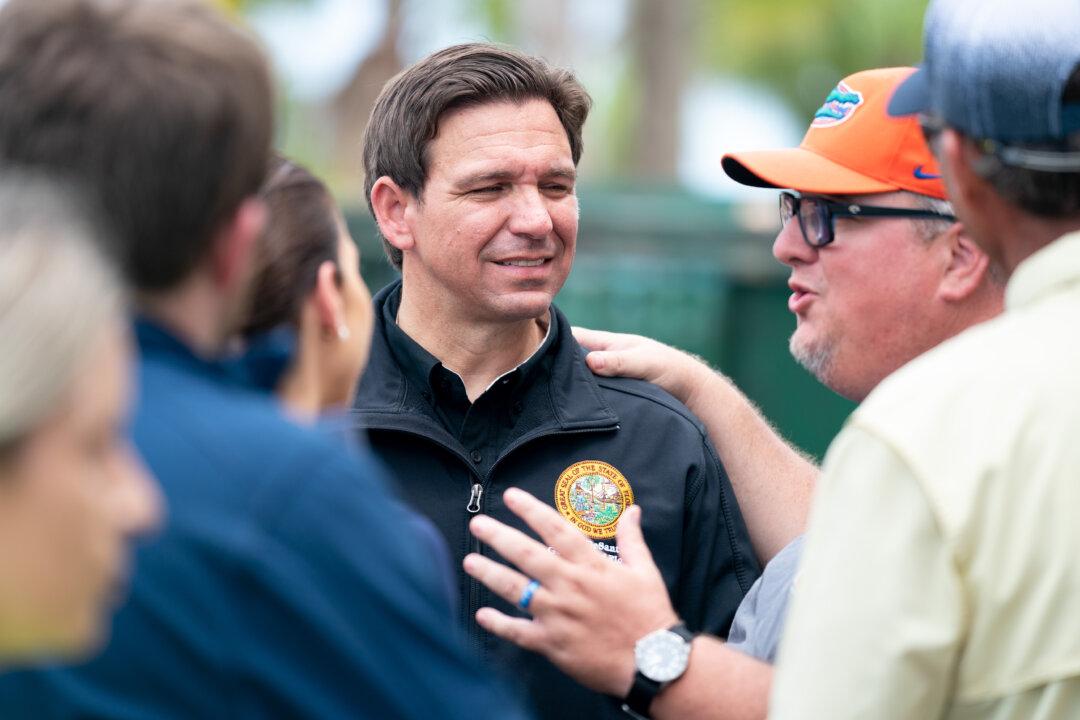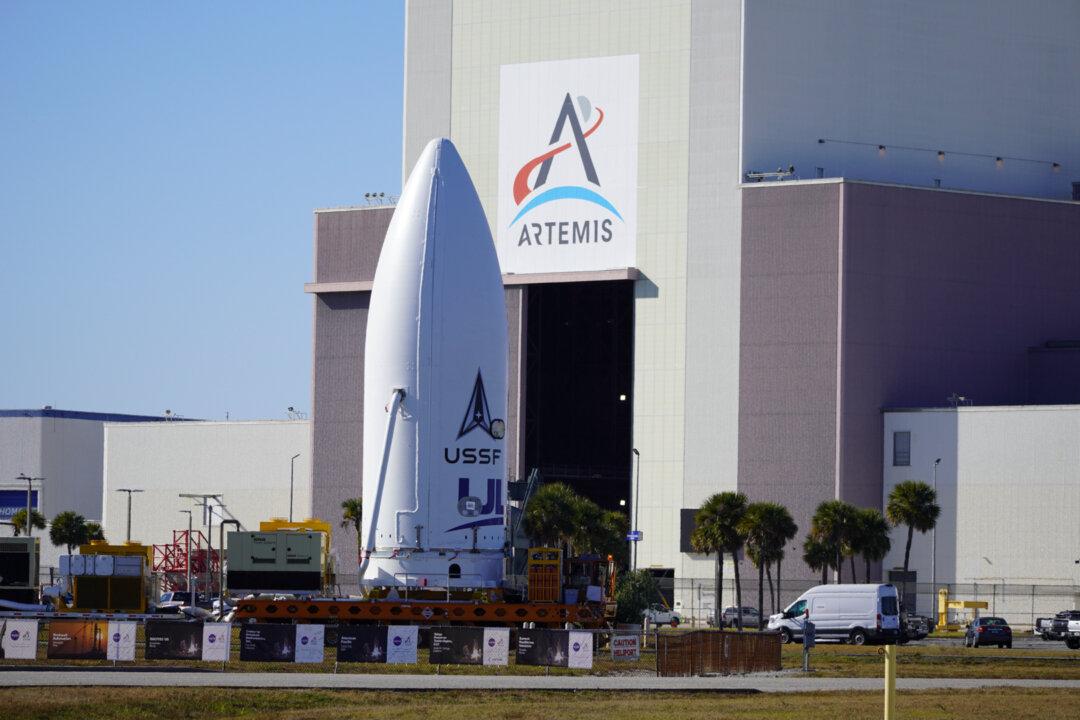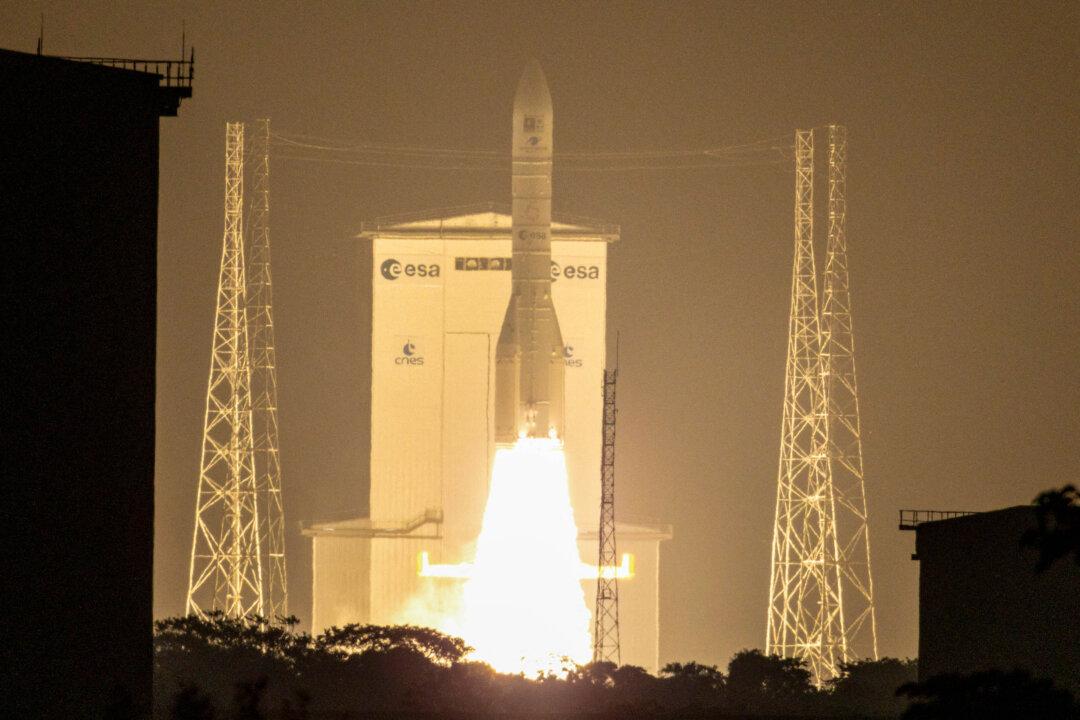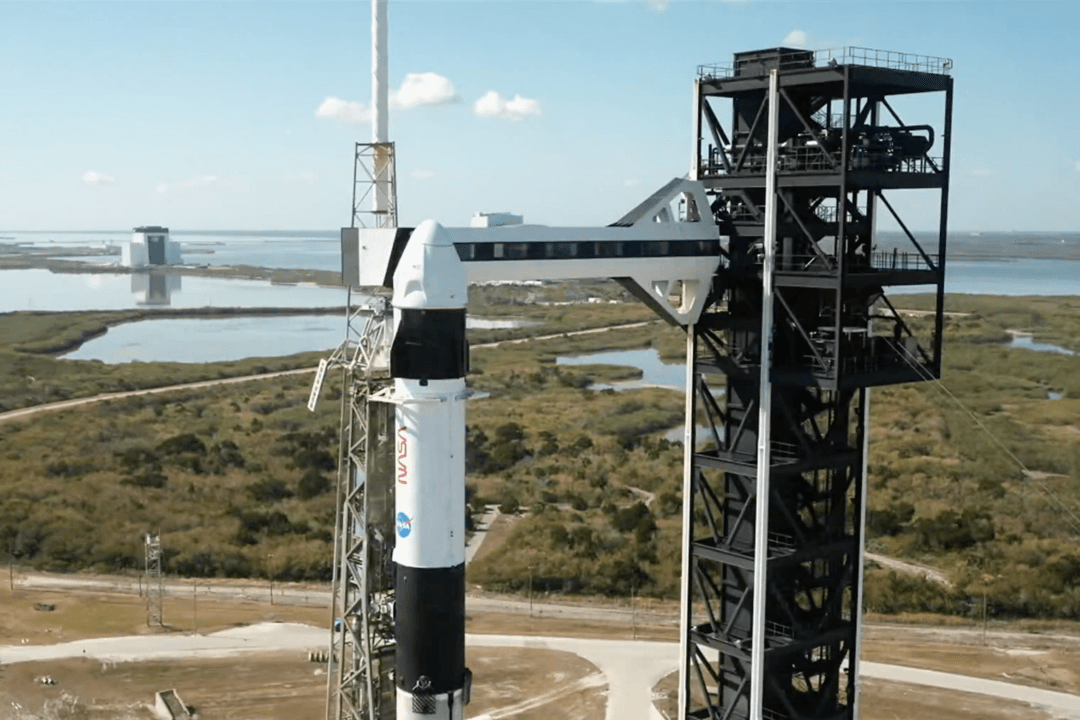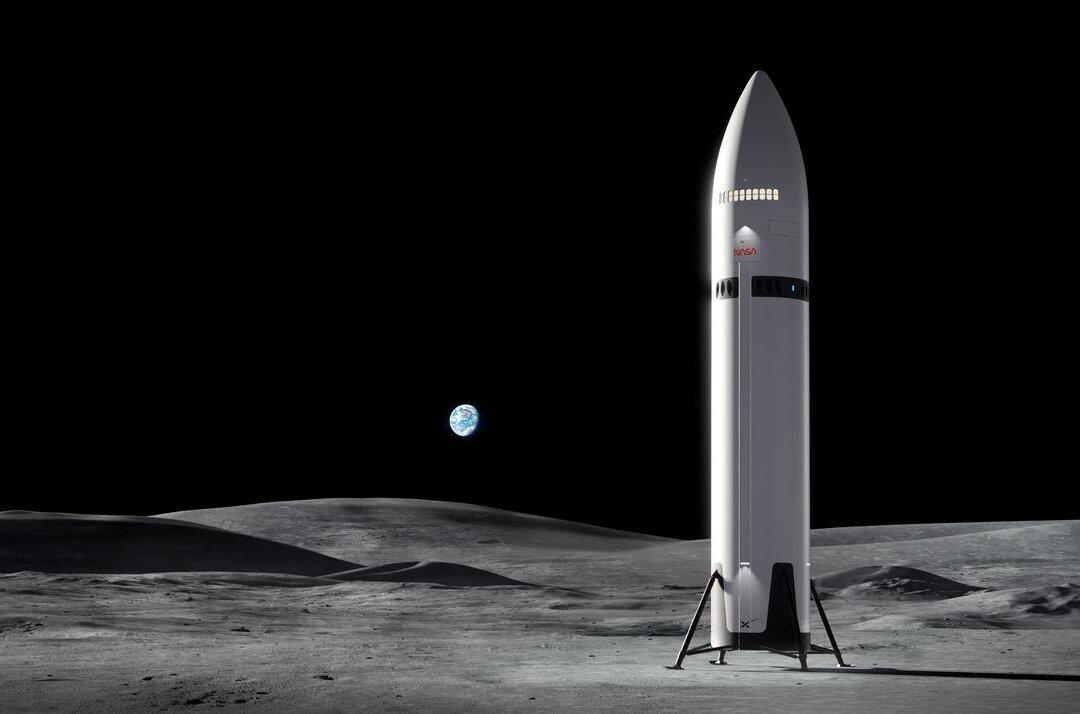Florida’s Gov. Ron DeSantis announced he would get back on the presidential campaign trail after more than a week of hurricane management.
Mr. DeSantis paused his campaign on Aug. 27, in order to begin preparing his state for the arrival of Hurricane Idalia, canceling a Town Hall he had scheduled in South Carolina on Aug. 28.
